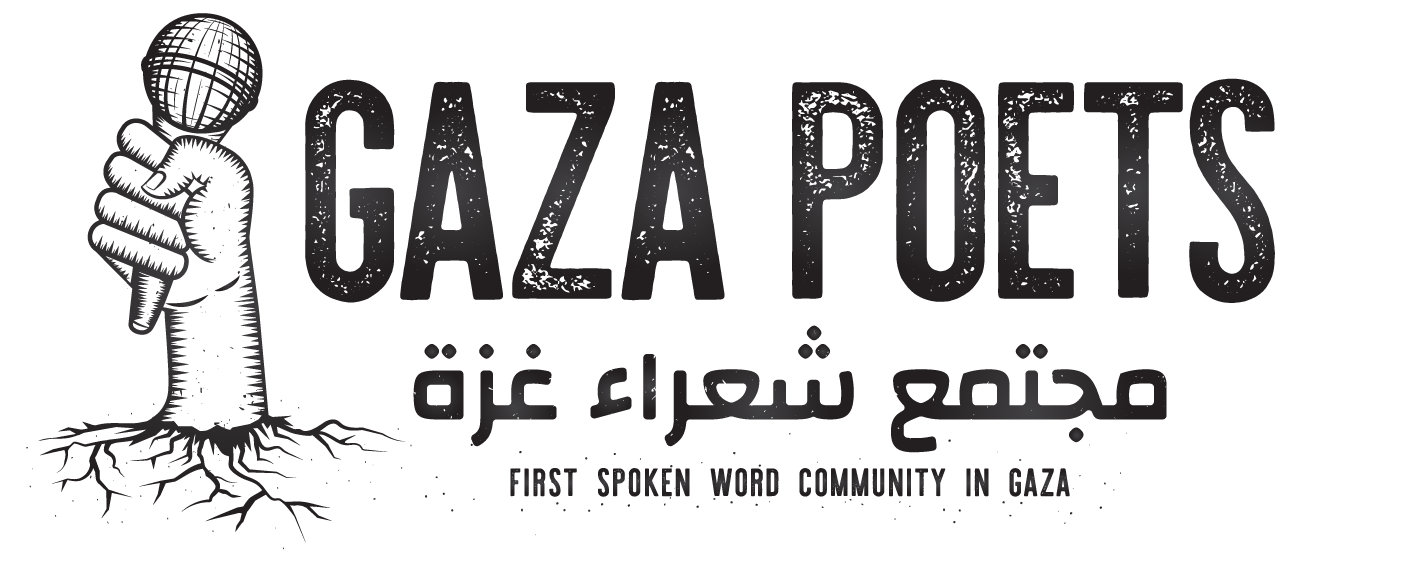Four poems, Mohammed Moussa
I Don’t Want to Write Poems as Bombs Fall
So many times I feel like I don’t want to
write poems as bombs fall, as families die, as I
lose everything and everyone. I don’t want
to be the last person a poet shares a poem
with, or a poet killed by his last poem; poetry
and genocide don’t mix. But again, I haven’t
chosen this destiny for me, for my poems
under the rubble, for the wounded skies of
Gaza, the displaced birds of the camp, the
cold bodies sleeping eternally in my garden,
for the mothers basking in the sun of war,
for the starved childhood growing among the
debris, for the unnamed faces buried in
unknown places. For the empty bellies of
people sleeping naked and dreaming of a loaf
of bread, for the killed in the markets of
Jabilia, in Deir Albalah, I did not choose to
be a poet, nor to have a name, or to lose one
to martyrs who departed without a name. I
don’t want to write poems as bombs fall.
Do You Feel the Holiness of This Death
Do you feel the holiness of this
death? The old ladies of the
camp who inhabit the Gaza Sea
in June, when the waves
undress their wounds and the
murdered seagulls take their
first flight, ask if the world
outside, which refuses to
answer the prayers of the
people under the rubble, feels
the holiness of our death.
It doesn’t rain here anymore, Mother
It doesn’t rain here on
my heart, Mother,
anymore. I saw you again
in the same dream. You
looked different. And
when I woke up, I still
remembered what I told
you. I want to see you
again in a world with no
borders, where it rains,
for since you left, it
hasn’t rained here
anymore, Mother.
What can a poem do during a genocide?
What can a poem do during a
genocide? Can a poem stop the death
of anyone—kids, women, men, even
the poet? Can it shield a city crying
at night? Can it return the names of
the war-ravaged streets? Can it stop
bleeding due to overcrowded
hospitals? Can it prevent famine from
eating our bodies? Can it replace a
mother, father, son, daughter, or
lover? Can it scare a war jet or disarm
a soldier? Can it rebuild demolished
homes and pray in a demolished
mosque? Can it live in a tent for 600
days? Can it pick up the martyrs from
the streets? Can it return a prisoner,
can it find meaning in all of this, can
it find a name? What can a poem do
during a genocide?
Mohammed Moussa is a Palestinian poet from Gaza. He is a freelance journalist who has written for several international news outlets. He founded the Gaza Poets Society, Gaza's first spoken word community, and hosts Gaza's first podcast, the Gaza Guy Podcast. He has published two poetry collections, Flamingo and Salted Wounds, and has contributed to numerous poetry anthologies, such as Love and Loss, the Gaza Poets Society's first anthology, and edited and contributed to the society's second anthology, My Death is Not a Song for You to Sing.
Artwork: “Al-Tailandi Massacre” by Marawn Nasser.
